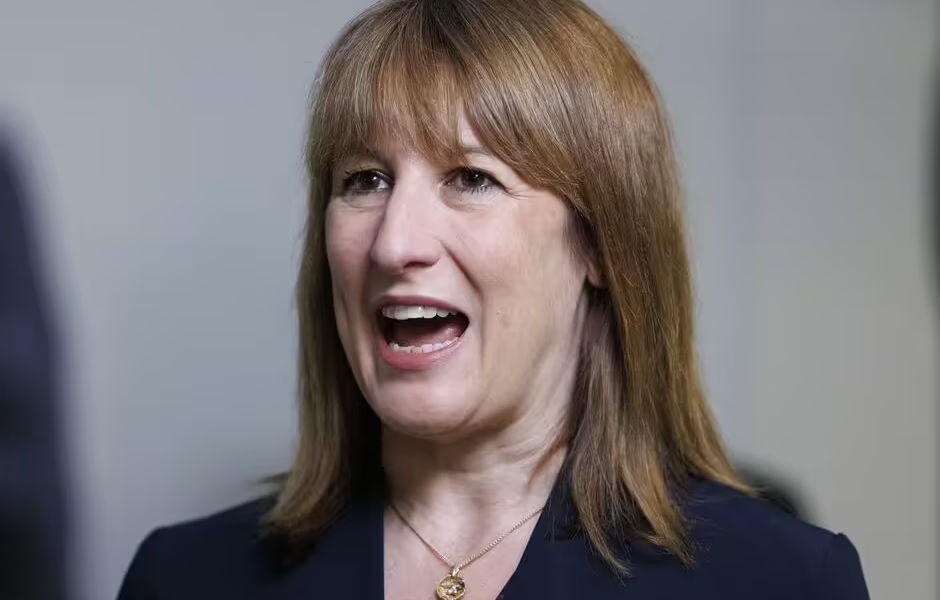
The Chancellor will deliver her Autumn Budget next month (Image: Getty)
Rachel Reeves could hammer working Brits in a desperate attempt to plug a fiscal black hole of around £30 billion in next month’s budget, experts have warned. The Chancellor is rumoured to be considering cutting National Insurance contributions (NI) by 2p and adding 2p to income tax rates on November 26. While not confirmed, the tax hikes would mark a stark departure from Labour’s insistence that it wouldn’t use “working people” as a cash cow, something that became a major campaign pledge in the run-up to last year’s election.
As well as impacting the government’s already dwindling popularity, the move would be unlikely to engender economic growth, Fred Hicks, of the non-profit Association of Independent Professionals and the Self Employed (IPSE) said. Self-employed Brits could be worst-hit by the change, Mr Hicks argued, ultimately disincentivising Brits from “striking out on their own” to pursue new and potentially lucrative business ideas.

The self-employed could be disproportionately hit by the tax change (Image: Getty)
“We’re concerned by teports that government might be considering this,” he told The Telegraph. “It would be a tax hike on the self-employed, and a tax hike on working people.
“Self employment is inherently more risky than regular employment. If Government chips away at the incentive to take on that risk, we’ll have fewer people daring to strike out on their own, working as freelancers and filling a pool of flexible talent for employers to tap into.”
Mr Hicks added that the 350,000 people who ventured into self-employment over the last 12 months would be hit especially hard, forcing many of them to “abandon” the career change “before they really find their feet”.
Self-employed Brits would be disproportionately impacted by the change because they do not currently pay employer National Insurance, but would have to shoulder the equivalent cost via income tax.
Andrew Griffiths, shadow business secretary, warned that the tax – devised by the Resolution Foundation thinktank – would amount to a “stealth” raid on people who “many feel HMRC is already hunting to extinction”.
“Instead of ideas to raise taxes, why don’t the Resolution Foundation put on their thinking caps to cut wasteful spending?” he asked.
Tom Selby, director of public policy at AJ Bell, suggested Ms Reeves is “playing mental gymnastics in her increasingly desperate attempts to balance the books”.
“Currently, self-employed workers pay 6% NI on profits between £12,570 and £50,270 and 2% on profits above £50,270,” he told IFA Magazine. “Employees, by contrast, pay 8% NI on earnings between £12,570 and £50,270. If the NI cut was not applied to the self-employed in the same way, there would be less cushioning effect from the proposed 2p income rax rise.
“The government would face accusations of being anti-growth if it attacked the self-employed in this way, but in a world of increasingly tough fiscal choices, that may be viewed as a price worth paying.”
A spokesperson for the Treasury said: “We do not comment on speculation around future changes to tax policy outside of fiscal events.”




